Virtual reality (VR) training is rapidly gaining traction in the industrial sector as companies look for more efficient and effective ways to train their employees. VR training allows learners to practice skills and techniques in a simulated environment, providing a number of benefits for industrial companies.
One of the main benefits of VR training is improved learning outcomes. VR training provides a more engaging and interactive learning experience, which can help learners retain information more effectively. In contrast to traditional training methods, which can be dull and boring, VR training allows learners to actively participate in the learning process, making it more enjoyable and effective.
Another benefit of VR training is increased efficiency. Traditional training methods can be time-consuming and costly, as they often require the use of expensive equipment and materials. VR training allows learners to practice skills and techniques in a simulated environment, reducing the need for these resources. As a result, VR training can be more efficient than traditional training methods, saving companies time and money.
In addition to improved learning outcomes and increased efficiency, VR training can also help reduce the risk of accidents and injuries in the workplace. By allowing learners to practice skills and techniques in a safe and controlled environment, VR training can help prevent accidents and injuries that could occur during on-the-job training.
Finally, VR training can help improve productivity by allowing learners to develop new skills and knowledge more quickly. By providing learners with a realistic and immersive learning experience, VR training can help them develop new skills and knowledge faster than traditional training methods. This can help companies save time and resources while improving the performance of their employees.
Overall, the benefits of VR training for industrial companies are clear. By providing a more engaging and interactive learning experience, increasing efficiency, reducing the risk of accidents and injuries, and improving productivity, VR training can help industrial companies train their employees more effectively and achieve their business goals.
What type of companies can use VR training?

Virtual reality (VR) training can be used by companies in a wide range of industries to train their employees. Some examples of industries that may benefit from VR training include:
Manufacturing: VR training can be used by manufacturing companies to train their employees on how to operate and maintain complex machinery and equipment.
Construction: VR training can be used by construction companies to train their employees on how to safely use heavy machinery and equipment, such as forklifts and cranes.
Retail: VR training can be used by retail companies to train their employees on customer service, sales, and product knowledge.
Healthcare: VR training can be used by healthcare companies to train their employees on patient care, medical procedures, and emergency response.
Transportation: VR training can be used by transportation companies to train their employees on operating and maintaining vehicles, such as airplanes and trucks.
Logistics: VR training can be used by logistics companies to train their employees on supply chain management and other technical skills.
Oil and gas: VR training can be used by oil and gas companies to train their employees on operating and maintaining complex machinery and equipment.
Overall, VR training can be used by companies in a wide range of industries to train their employees on a variety of skills and knowledge.
